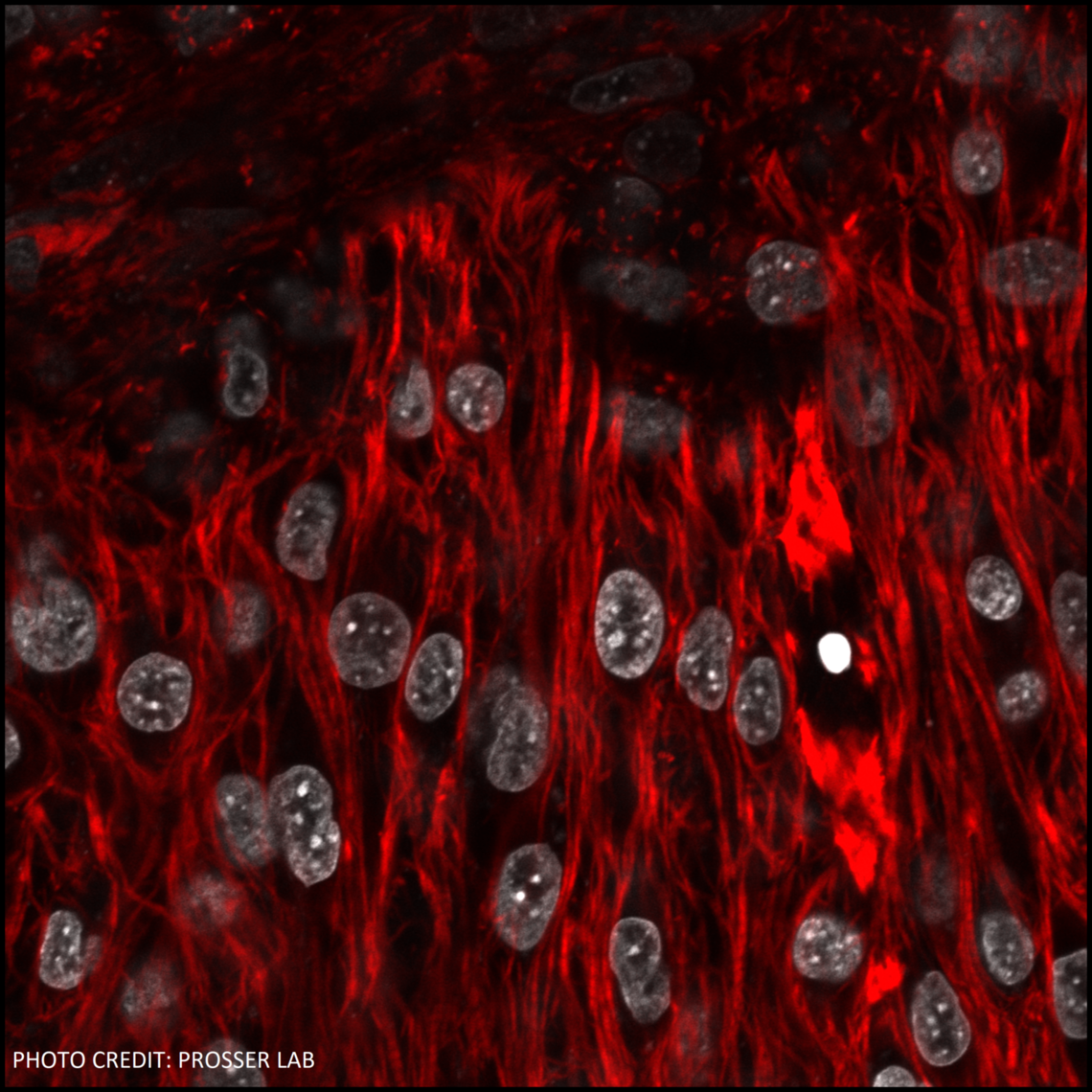Search and filter 


June 3, 2025
Announcing the appointment of Zoltan Arany, MD, PhD, as Chair of the Department of Physiology
We are pleased to announce the appointment of Zoltan (Zolt) Arany, MD, PhD, as Chair of the Department of Physiology in the Perelman School of Medicine at the University of Pennsylvania, effective July 1, 2025. The Department of Physiology has long been a cornerstone of scientific excellence at Penn, advancing discovery in cellular and molecular biology through pioneering research and collaboration, and we are excited to see its continued success with Dr. Arany’s leadership.
As the Samuel Bellet Professor of Cardiology and Director of the Cardiovascular Metabolism Program, Dr. Arany brings a distinguished record of scientific excellence and innovation. He is a renowned physician-scientist recognized internationally for his transformative research in cardiovascular metabolism, which has profoundly advanced our understanding of diseases ranging from peripartum cardiomyopathy to insulin resistance. He holds secondary appointments in the Departments of Physiology and Cell and Developmental Biology and chairs the Cellular Biology, Physiology, and Metabolism Graduate Group. In addition to clinical care, he is a dedicated teacher and mentor committed to training the next generation of physician-scientists. Dr. Arany’s impact was recognized most recently when he was awarded last year’s Stanley N. Cohen Biomedical Research Award.
Dr. Arany’s work has had a lasting impact on the field of cardiovascular metabolism. He has authored more than 200 peer-reviewed publications in leading journals, including Nature, Cell, Circulation, and The New England Journal of Medicine. His scientific achievements have earned him election to the National Academy of Medicine, the American Society for Clinical Investigation, and the Association of American Physicians, where he currently serves as Secretary of the Council. Among his many honors are the Research Achievement Award from the International Society for Heart Research and the Hal Dvorak Young Investigator Award.
His academic and clinical training exemplifies a strong foundation in both scientific inquiry and medical practice. Dr. Arany earned his undergraduate degree in Biochemical Sciences from Harvard College, graduating summa cum laude. He completed both his MD and PhD in Biological and Biomedical Sciences at Harvard Medical School, followed by a residency in Internal Medicine at Massachusetts General Hospital and a fellowship in Cardiovascular Medicine at Brigham and Women’s Hospital. He then pursued advanced research training in metabolism at the Dana-Farber Cancer Institute, further deepening his expertise at the intersection of basic science and translational medicine.
Dr. Arany’s appointment marks the next phase of leadership for the Department, building upon the dedication to academic rigor, faculty development, and interdisciplinary engagement of longtime chair Dr. J. Kevin Foskett, to whom we extend our gratitude. We also thank Dr. Kristen Lynch, Benjamin Rush Professor of Biochemistry and Chair of the Department of Biochemistry and Biophysics, for her leadership of the national search committee and the committee’s thoughtful and thorough work in identifying the Department’s next leader.
Please join us in congratulating Dr. Arany on his appointment and welcoming him to this important leadership role. We are confident that, under his direction, the Department of Physiology will continue to advance its tradition of excellence and innovation.
Announcement

February 21, 2025
Congratulations to Professor Grishchuk!
Congratulations to our very own Katya Grishchuk, PhD for her promotion from associate professor to professor! We would like to thank Dr. Grishchuk for her outstanding contributions to our department and the scientific community as a whole. Please join us in congratulating Katya on this well-deserved accomplishment.
Announcement
October 29, 2024
Congratulations to Erika Holzbaur!
Congratulations to Erika Holzbaur for securing a $1,000,000 donation to establish a Huntington’s Disease Research Fund. The donation will be used to support basic Huntington’s research by three postdoctoral fellows for three years in key University laboratories. The fund will also be used to provide resources for program coordination and laboratory collaboration related to Huntington’s disease. It's absolutely fabulous that such a donation has been elicited and how it is being directed to our young scientists. Both speak to the imagination of the donor and the creativity of the recipient. Pease join me in congratulating Erika on this impressive achievement.
Faculty Page

